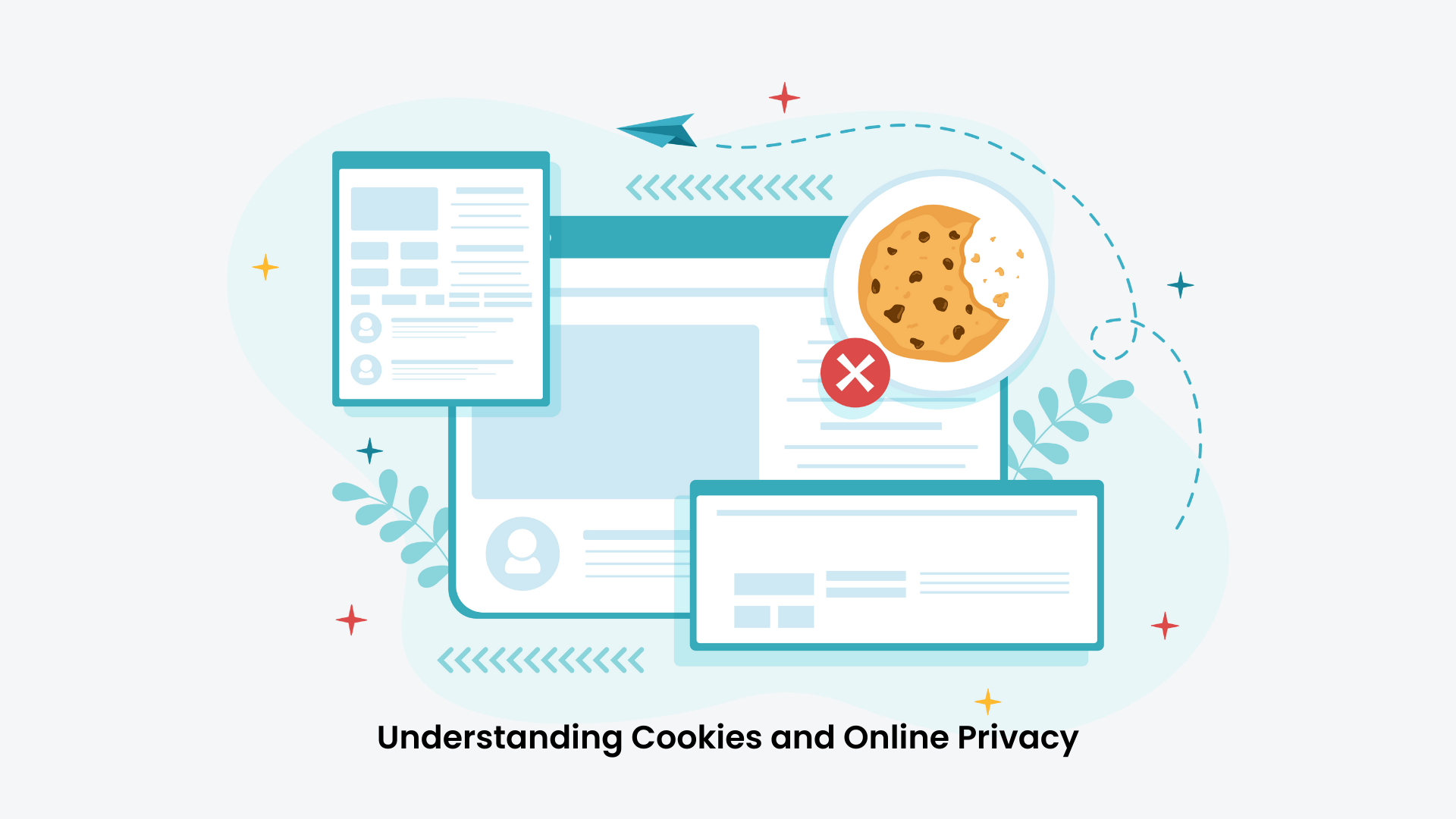Cookies are fundamental to how the internet works and raise serious privacy concerns. As data regulations tighten and user awareness grows, understanding what cookies do and how they affect your online privacy is more important than ever.
Here’s a clear breakdown of what cookies are, what they track, and how to protect your data online.
🍪 What Are Cookies?
Cookies are small text files stored on your browser by websites you visit. They help websites remember:
- Login details
- Language preferences
- Shopping cart contents
- Pages you visited or clicked
In short, cookies make your browsing experience more convenient, but not all cookies are harmless.
🔍 Types of Cookies You Should Know
- First-Party Cookies
- Set by the website you’re visiting
- Used to remember login info, user preferences, etc.
- Generally safe and essential for functionality
- Third-Party Cookies
- Set by external domains (e.g., advertisers)
- Track behavior across multiple sites
- Used for ad targeting and profiling
- Session Cookies
- Temporary cookies that expire when you close your browser
- Often used for navigation and security
- Persistent Cookies
- Stay on your device for a set period
- Store long-term preferences and tracking data
🕵️ Why Are Cookies a Privacy Concern?
While some cookies enhance usability, others track you across sites to build a profile of your behavior, interests, and habits. This data is often sold or used for personalized ads, which many users see as intrusive.
⚖️ Data Laws Shaping the Future
New privacy regulations are forcing websites to change how they use cookies:
- GDPR (Europe) – Requires explicit consent for cookie usage
- CCPA (California) – Gives users the right to opt out of data sales
- ePrivacy Directive – Targets electronic communication tracking
Many sites now display cookie banners, offering options to accept, reject, or customize tracking.
🛡️ How to Protect Your Online Privacy
- Clear Cookies Regularly
- Helps reduce tracking buildup
- Most browsers offer simple tools to delete cookies
- Use Private or Incognito Browsing
- Prevents your browser from saving cookies and history
- Install Privacy Extensions
- Tools like uBlock Origin, Privacy Badger, and Ghostery block trackers
- Reject Non-Essential Cookies
- Customize cookie preferences on websites rather than accepting all
- Use Secure Browsers
- Browsers like Brave, Firefox, and Safari offer built-in tracking protection
🔄 The Future of Cookies: Are They Going Away?
With increasing pressure from regulators and users, companies like Google are moving toward cookie alternatives, such as:
- Privacy Sandbox (Google): Aims to replace third-party cookies with anonymous tracking
- Server-side tracking: Allows websites to collect data without browser-level storage
- Consent-based analytics: Tools that only activate with user approval
Final Thought
Cookies can enhance your web experience, but they can also compromise your privacy. By staying informed and adjusting your settings, you can enjoy the benefits of personalization without giving up control of your data.

